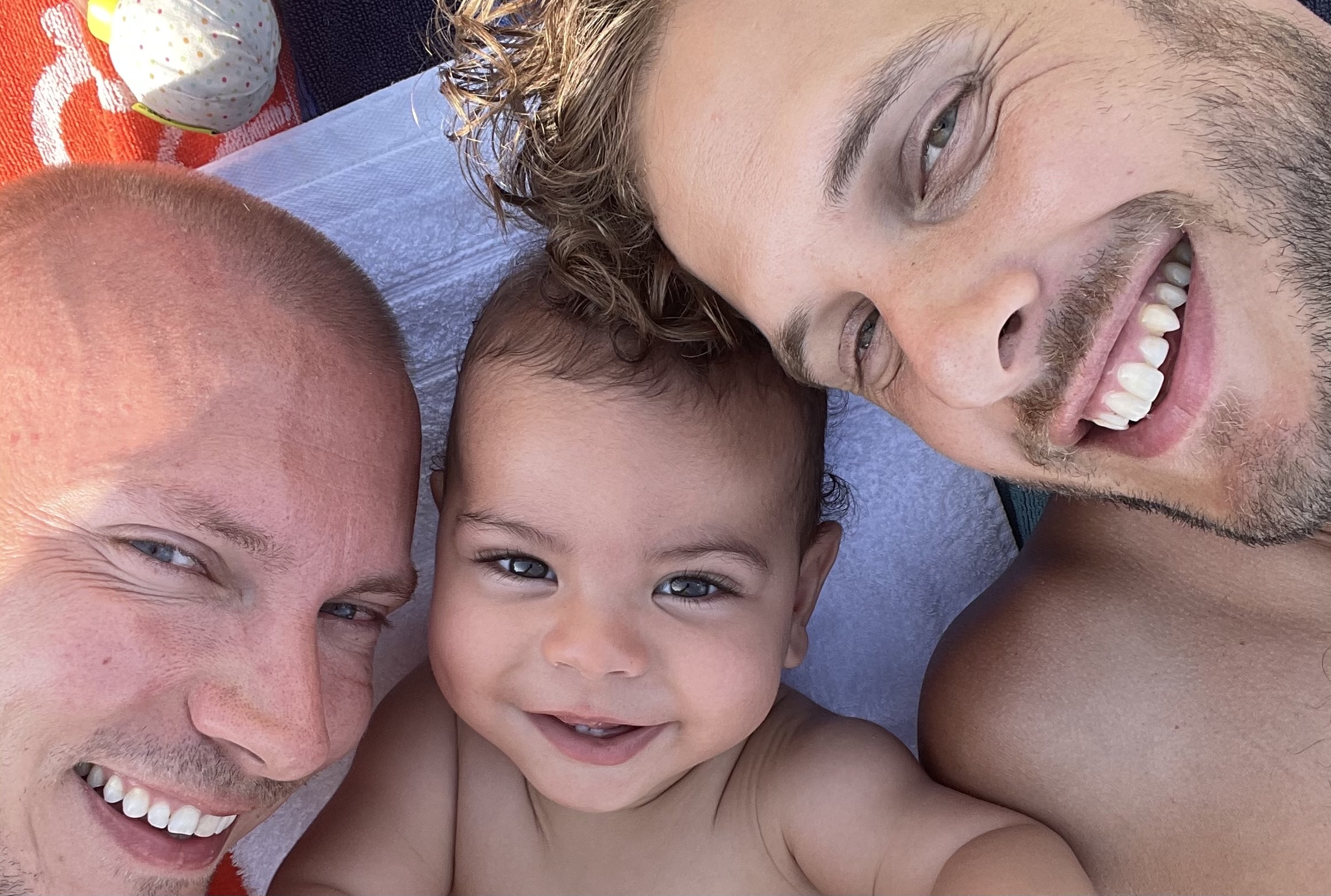Which country did we choose?
We can check-off a decision! We have finally decided in which country we are going to start the journey!
Which countries are relevant?
For gay couples, three countries are relevant when it comes to surrogacy. The United States of America, Mexico and Canada.
The United States
In the US, commercial surrogacy is permitted and as befits good Americans, they live up to these expectations. Surrogacy in the US is the most expensive option and the most commercial.

Mexico
Surrogacy in Mexico is possible (in certain provinces), because there is no law regulating it. So it is not forbidden, but legally there are no laws to fall back on. The costs are a lot lower than in the US, but are similar to Canada. In Mexico there are agencies, which guide the process from beginning to end. They arrange (a chosen) egg donor, they provide a surrogate, the IVF treatments and the process until the birth of the child.
Canada
Surrogacy in Canada is fully regulated. This means that you have to follow a lot of rules and procedures, but also that you have rights as intended parents. The legislation is even so progressive that we as (gay) intended parents can be registered directly on the birth certificate. Unfortunately, Dutch law doesn’t acknowledge this in the adoptionprocedures.
In Canada There are no agencies that regulate the whole process from start to finish. For each step there are different agencies that guide you. For each step, you conclude separate contracts. So In Canada you have many different rules, parties and paperwork to deal with.
Surrogacy is not commercial in Canada. A surrogate therefore needs to help us from (idealistic) motives. In addition, there is a large shortage of surrogate mothers in Canada. The process in finding a surrogate can therefore be more uncertain and can take a lot of time, on the other hand it is allowed to search for a surrogate (unlike in the Netherlands).
What is our decision?
For us, the process in the US is too commercial and we do not have enough resources to accomplish this process. For us, this is not an option.
We finally chose to start the journey in Canada. For us, the difference in legislation has been the basis for this. After obtaining legal information, it would be no problem with the current situation in both countries to get a child to the Netherlands in the right way. But there is a difference between “possible by missing legislation” and “possible by progressive legislation”. Should the situation in Mexico change during the process, this can cause many (legal) problems. The extra bureaucracy in Canada we take for granted, because then at least we know where we stand.

